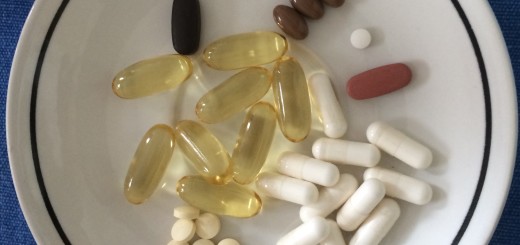Fertility Foods
Many specialists agree that when trying for a child, nutrition is key. “You are what you eat” rings true. Everyone knows and agrees that alcohol, tobacco and caffein need to be eliminated from your diet or at the very least, limited greatly. But other than that, a general list would be among those listed below.
Whole grain meals as opposed to refined carbohydrates is preferable especially if you have Polycystic Ovaries (PCOS).
Eat as many colours as possible. the more vibrant the better. Blueberries, Strawberries, Rasberries, Kale, Spinach, Papaya, Carrots and Red peppers. 2 cups of fruit and 1/2 cup of vegetables every day.
Oily fish especially with Omega 3 like Salmon, Trout, Herring, and Sardines.
Tuna, Swordfish, Marlin, Grouper and Mackerel also fall within this category but as fish with mercury, should be eaten with caution or avoided. Once a week only if at all.
If you are vegetarian or vegan, then an iron supplement in a multivitamin also may help.
Soya products and coconut milk also should be avoided as they also contain oestrogen which may affect the hormone levels in pregnancy.
Folic acid the natural way by means of avocados and bananas are key.
Brazil nuts are also said to be key in aiding implantation. So try at least 5 a day.
Listeria is a harmful bacteria found in ready-to-eat meats, soft cheeses, and unpasteurized dairy products. Be alert because the infection caused by listeria can cause a miscarriage early in the first trimester – possibly before you even know you’re pregnant.
To kill listeria, heat high-risk foods in the microwave until they’re steaming hot. To reduce bacteria growth on leftovers, set the refrigerator’s temperature at 40 degrees or below and toss any food that’s been at room temperature for more than two hours.
Avoid foods like raw sushi, refrigerated smoked foods, refrigerated pâté or meat spreads, soft cheeses made from unpasteurized milk, and other unpasteurized dairy products.
It is also said that replacing meat products with dairy and vegetable protein may be beneficial at least once or twice a week would be preferable.





























